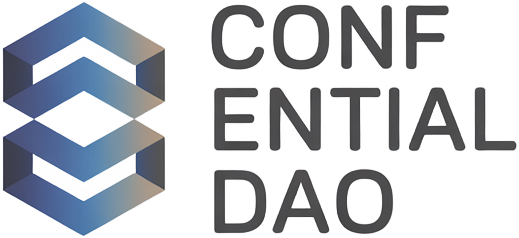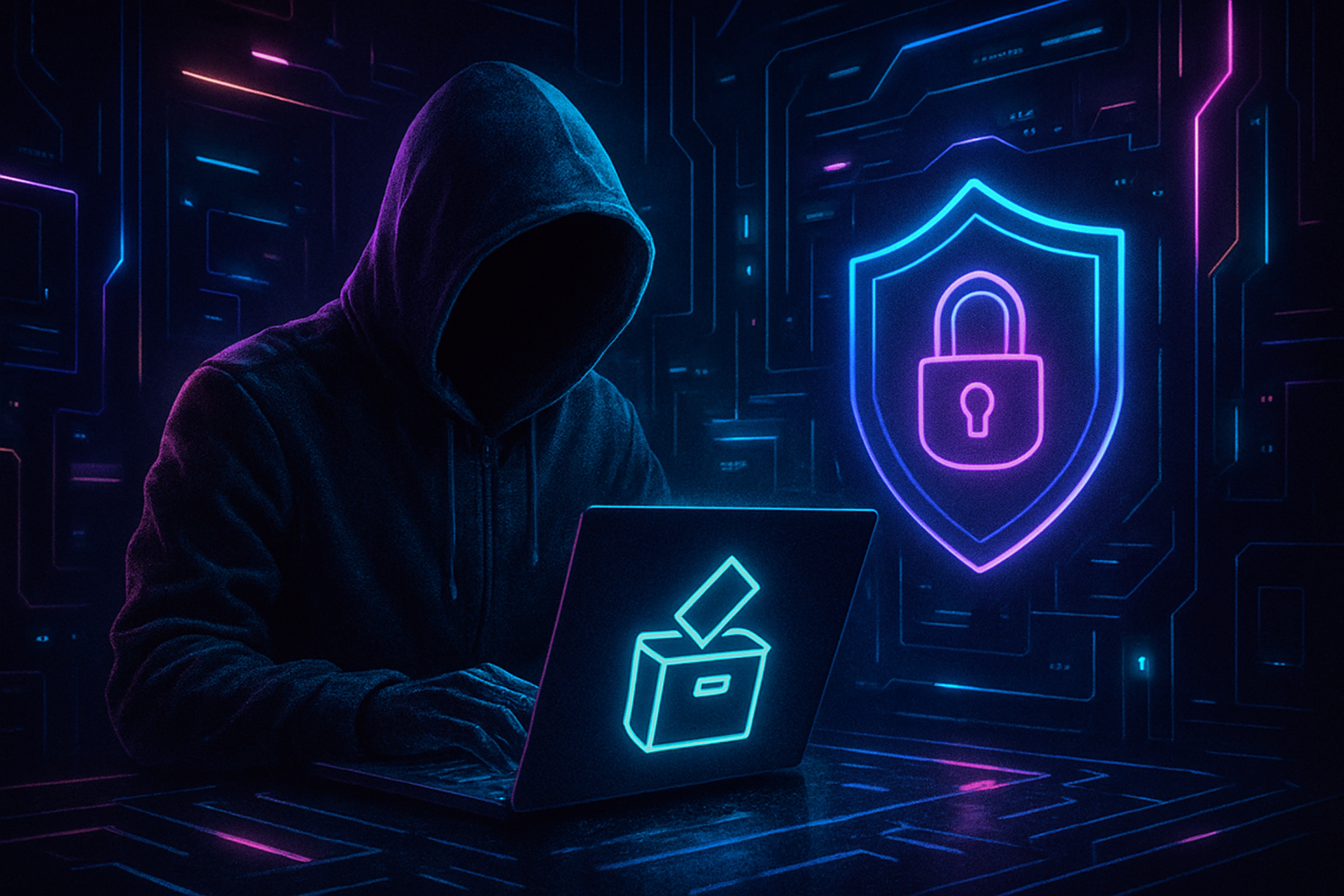
In the world of decentralized governance, confidential voting in DAOs is no longer a theoretical ideal. It is fast becoming a technical and social imperative as DAOs mature and handle increasingly sensitive decisions. While blockchain’s radical transparency has fueled trust and auditability, it also exposes member votes to scrutiny, coercion, and manipulation. The latest surge in privacy-preserving protocols marks a pivotal shift toward encrypted on-chain governance, where privacy is engineered as a default rather than an afterthought.
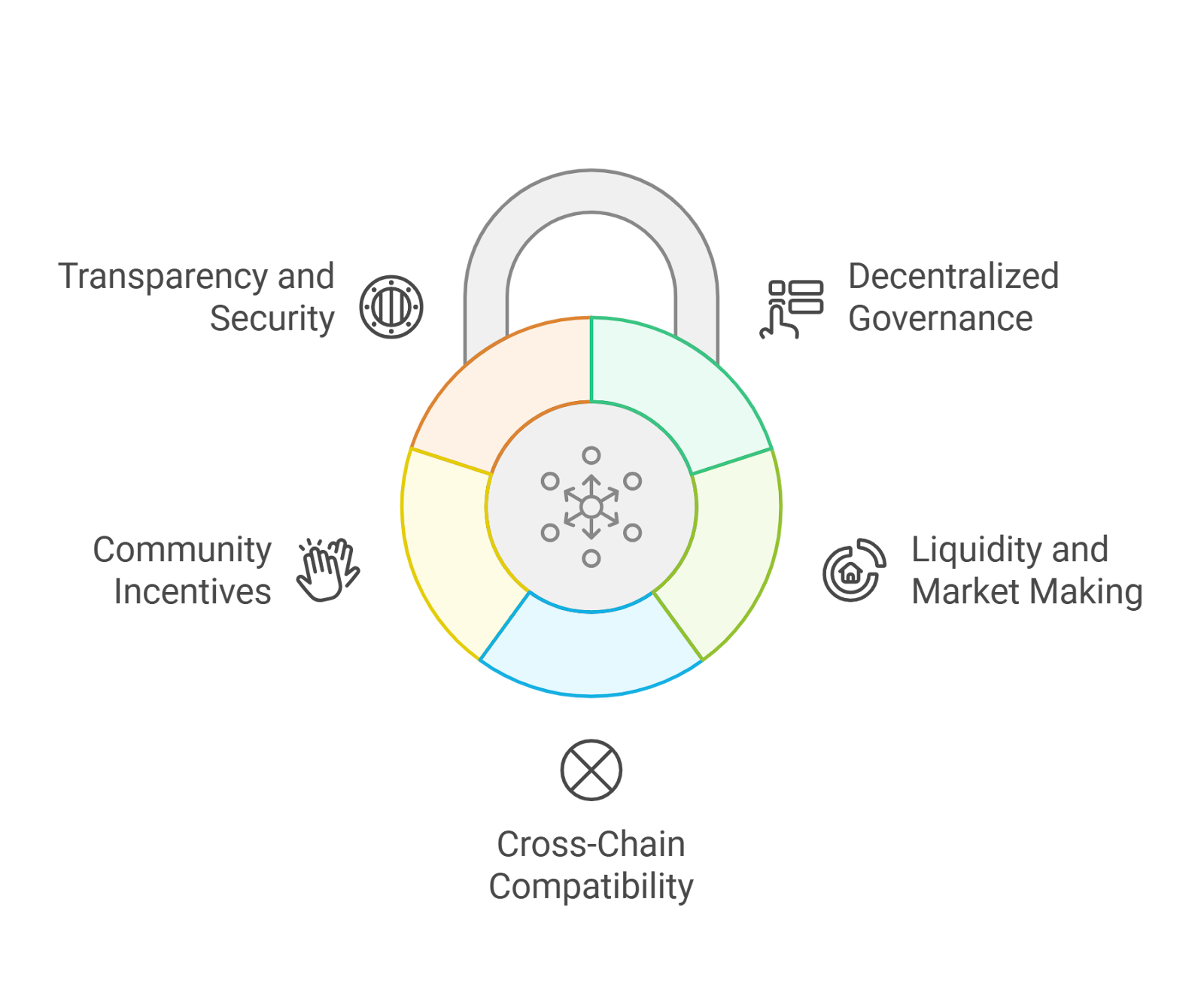
Why Confidential Voting Matters for DAOs
Public voting records can undermine the very ethos of decentralized governance. When every vote is visible on-chain, participants may feel compelled to conform to majority opinions or appease influential whales. This leads to herd mentality, strategic voting, and even voter apathy among minority stakeholders.
Recent research underscores that private DAO governance unlocks more honest participation and prevents corruption by shielding individual preferences (source). By ensuring that votes remain secret until tallying, DAOs can reduce undue influences and foster truer democratic outcomes.
Key Reasons Confidential Voting Matters for DAOs
-
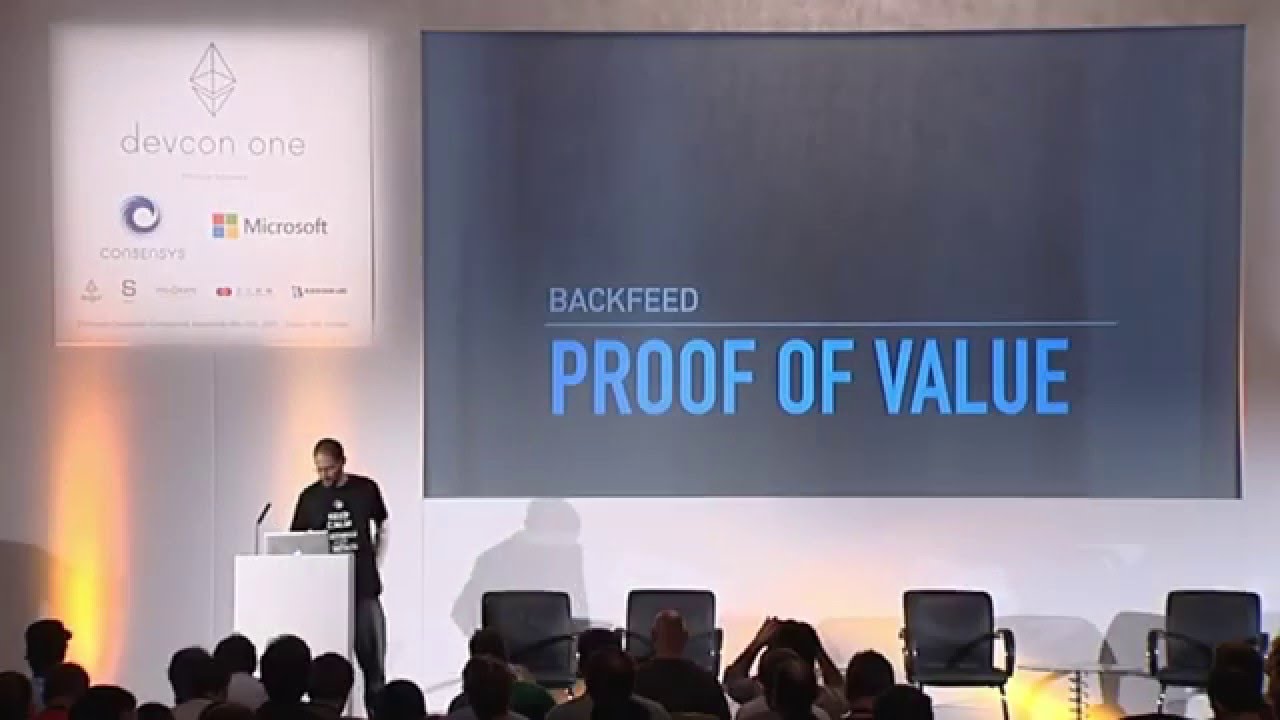
Prevents Voter Manipulation and Herd Mentality: Confidential voting mechanisms, such as threshold encryption on Snapshot with Shutter Network, ensure that individual votes remain hidden during the voting period. This prevents real-time influence, reduces herd behavior, and protects against strategic voting by large stakeholders.
-
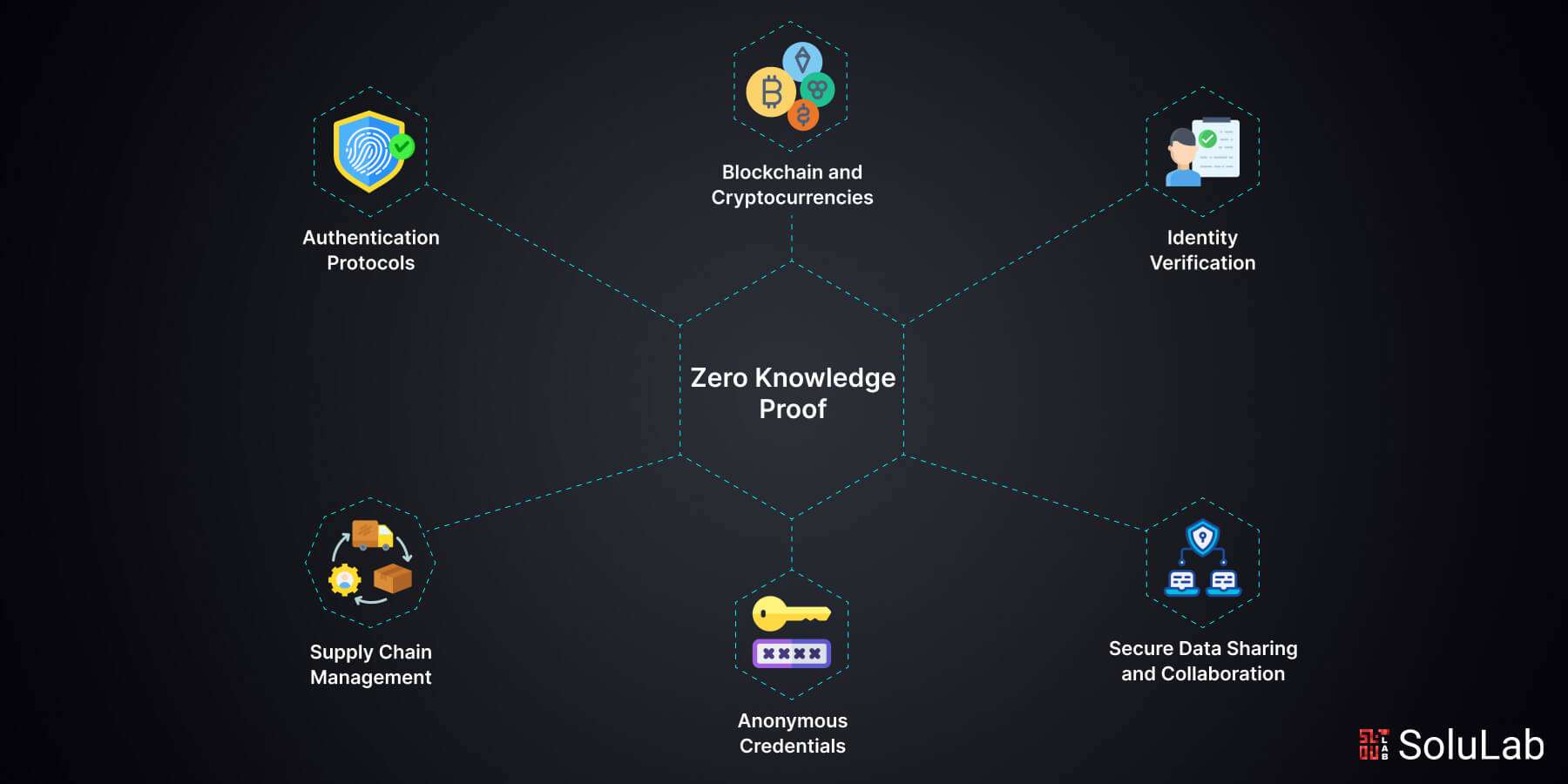
Protects Member Privacy: Solutions like zk-SNARKs allow DAO members to prove eligibility and cast votes without revealing their identity or vote choice. This cryptographic approach ensures that sensitive voting data remains private while maintaining the integrity of the process.
-
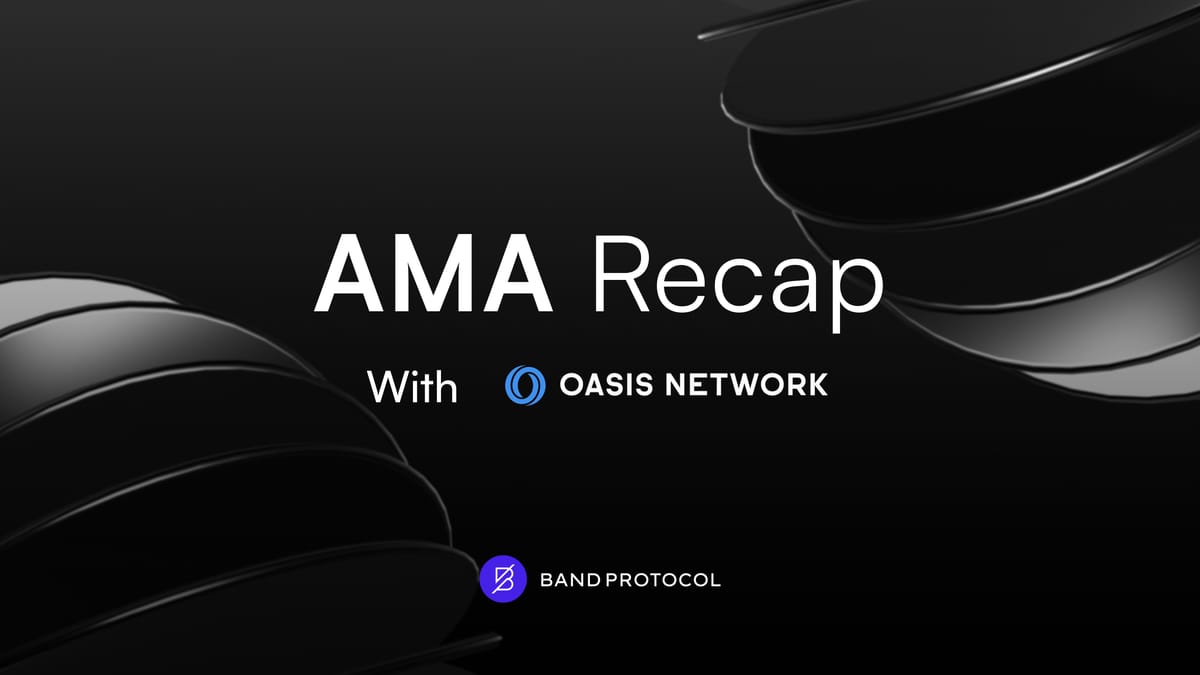
Enables Honest Participation: Confidential voting encourages more candid participation by eliminating fear of retaliation or social pressure. Platforms leveraging Trusted Execution Environments (TEEs), such as Oasis Network, securely process votes in isolated enclaves, making it safe for members to vote according to their true preferences.
-
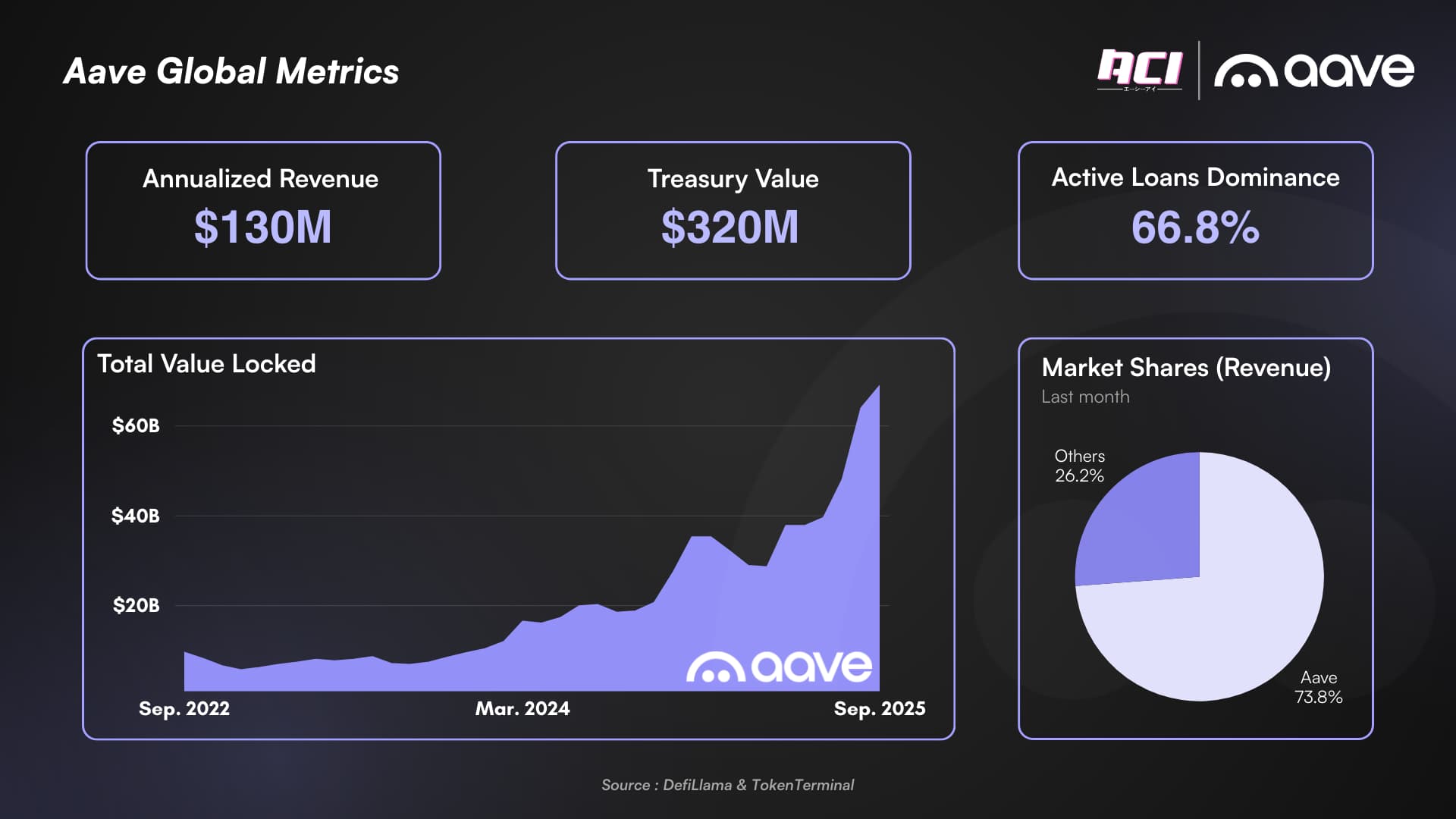
Secures Delegation Without Exposure: The Kite protocol enables private delegation of voting power, allowing members to delegate or revoke voting rights without exposing their choices or delegate identities, thereby preserving confidentiality throughout the governance process.
-
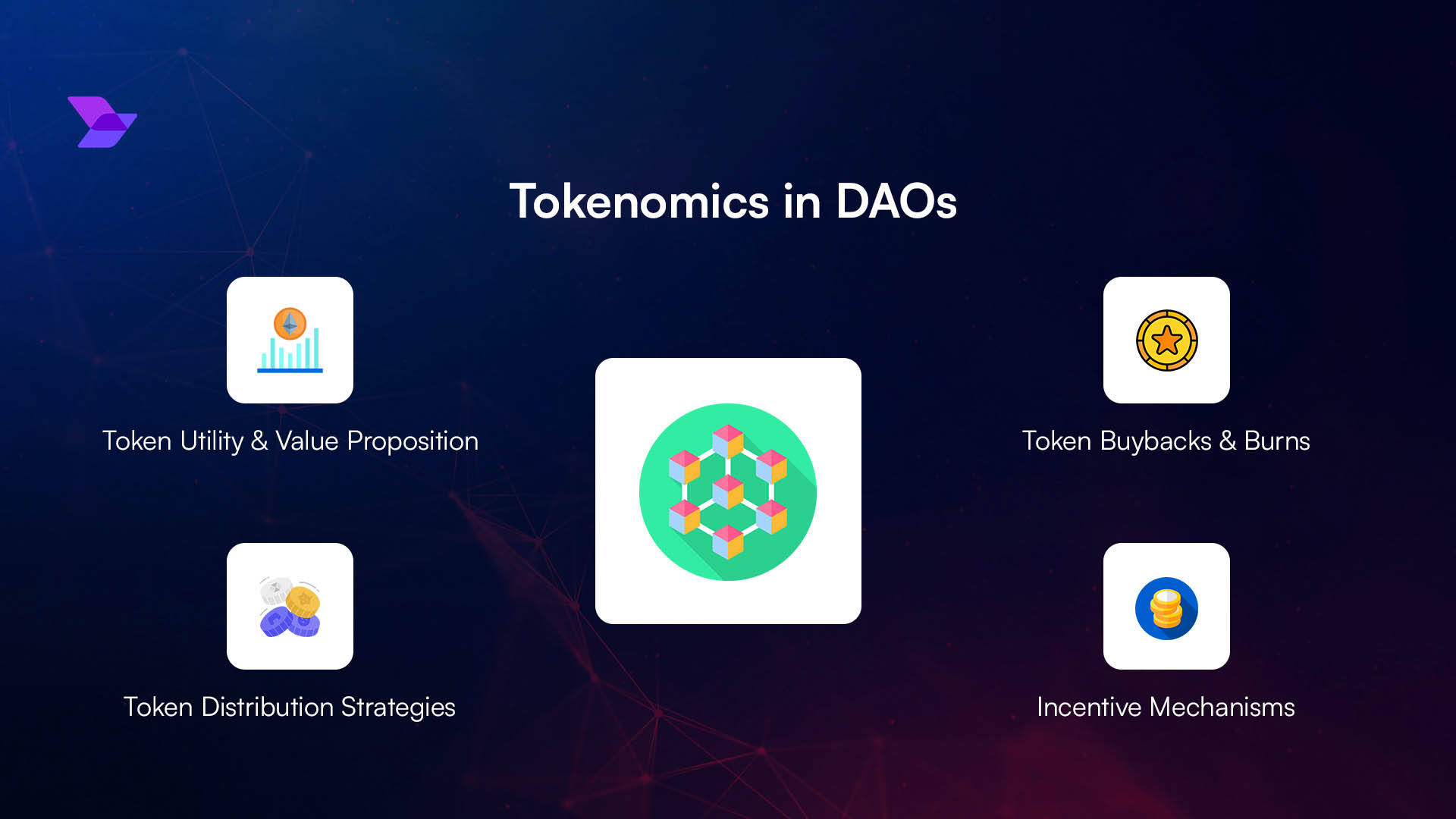
Reduces Corruption and Vote Buying Risks: By keeping votes confidential until the conclusion of the voting period, encrypted on-chain governance mechanisms make it much harder for malicious actors to buy votes or coerce members, strengthening the fairness and legitimacy of DAO decisions.
The Cryptographic Foundations: Shielded Voting and Zero-Knowledge Proofs
The push for DAO privacy protocols has brought advanced cryptographic techniques into mainstream DAO tooling:
- Shielded Voting with Threshold Encryption: Platforms like Snapshot now leverage threshold encryption via Shutter Network. Here, all votes are encrypted during the process; only after the vote closes are they decrypted for tallying (source). This prevents real-time manipulation and ensures unbiased outcomes.
- Zero-Knowledge Proofs (zk-SNARKs): These allow voters to prove eligibility and cast their ballots without revealing identities or choices. zk-SNARK-backed systems prevent double voting while maintaining anonymity (source). For builders, this means integrating smart contracts with custom circuits that verify proofs securely off-chain or cross-chain.
- Trusted Execution Environments (TEEs): TEEs like those employed by Oasis Network process votes inside secure enclaves, protecting data during computation from both external threats and internal leaks (source). This technique bridges privacy with accountability by publishing verifiable proof of correct execution without exposing vote content.
- Private Delegation Mechanisms: Protocols such as Kite enable private delegation of voting power – even delegates do not know who delegated to them (source). This model enhances both flexibility and confidentiality in representative governance structures.
The future of decentralized secret ballot systems lies at the intersection of cryptography, usability, and community trust. Privacy must be seamless for users yet robust against adversaries.
The Evolving Landscape: From Homomorphic Encryption to FHE Voting on Blockchain
The cryptographic arms race does not stop at threshold encryption or zk-proofs. Fully Homomorphic Encryption (FHE) is emerging as a game-changer for FHE voting blockchain applications. FHE allows computations on encrypted data without ever decrypting it – meaning votes can be tallied while remaining confidential throughout the process (source: S2DV Paper). Projects like Zama’s fhEVM demonstrate how FHE could soon power confidential DAOs at scale, ensuring both security and scalability.
This evolution is not just theoretical; working proofs-of-concept show encrypted ballots being counted transparently yet privately using ElGamal-based homomorphic tallying (Shutter Blog POC). As these technologies mature beyond academic prototypes into production-grade systems, expect them to become standard in high-value DAO governance scenarios where privacy is non-negotiable.
Yet, even the most advanced cryptographic solutions must be paired with thoughtful governance design and user education. As DAOs expand globally, the need for accessible, auditable, and private voting tools intensifies. For many communities, confidential voting protocols are no longer a luxury but a prerequisite for meaningful participation, especially where regulatory scrutiny or political sensitivities loom large.
The Practical Impact on DAO Culture and Decision Quality
Confidential voting does more than obscure individual choices; it fundamentally reshapes the dynamics of decentralized organizations. By shielding votes until tallying, DAOs can break free from groupthink and mitigate the outsized influence of whales or vocal minorities. This cultivates an environment where minority voices are not just protected but empowered to steer critical debates.
Moreover, zero-knowledge DAO voting and FHE-based systems unlock new forms of experimentation: quadratic voting, ranked-choice ballots, and weighted delegation can all be implemented without compromising voter privacy. The result is a richer governance toolkit that adapts to diverse community needs while maintaining robust confidentiality.
Adoption is accelerating as privacy tooling becomes easier to integrate with existing DAO frameworks. Platforms like Snapshot and Aragon are actively exploring confidential modules that plug seamlessly into familiar workflows. For developers and governance designers, this means less friction between innovation and security, privacy is now an enabler rather than an obstacle.
DAOs Piloting Encrypted On-Chain Governance
-

Snapshot x Shutter Network: Snapshot, a leading off-chain voting platform for DAOs, has partnered with Shutter Network to pilot shielded voting using threshold encryption. Votes are encrypted during the voting period and only revealed after voting ends, preventing real-time manipulation and ensuring member privacy.
-
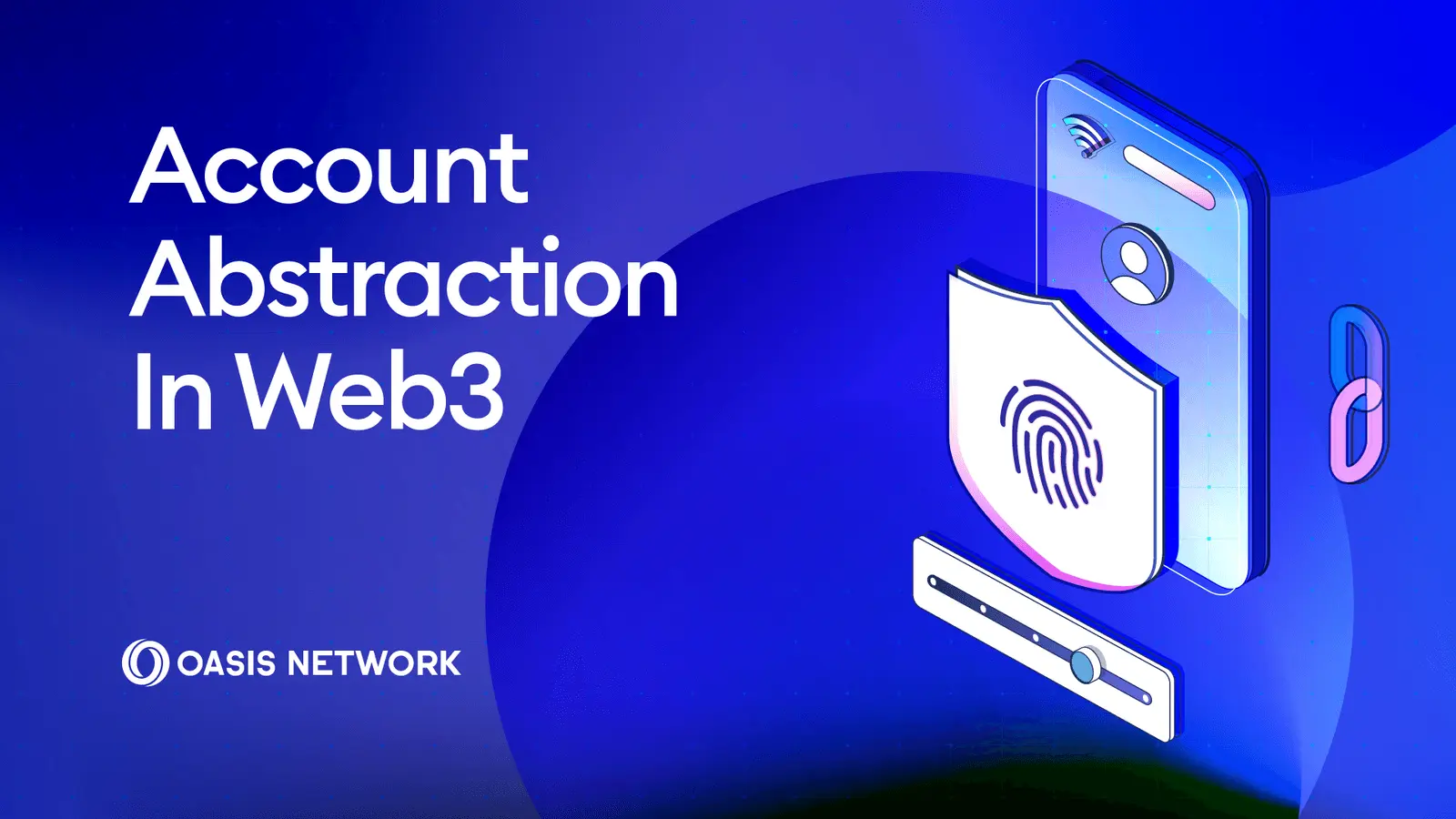
Oasis Network: The Oasis Network integrates Trusted Execution Environments (TEEs) to enable confidential DAO voting. Votes are processed inside secure enclaves, maintaining privacy and data integrity throughout the governance process.
-

Kite Protocol: Kite Protocol offers a mechanism for private delegation of voting power within DAOs. Members can delegate votes without revealing delegate identities, enhancing confidentiality and reducing potential influence or retaliation.
-
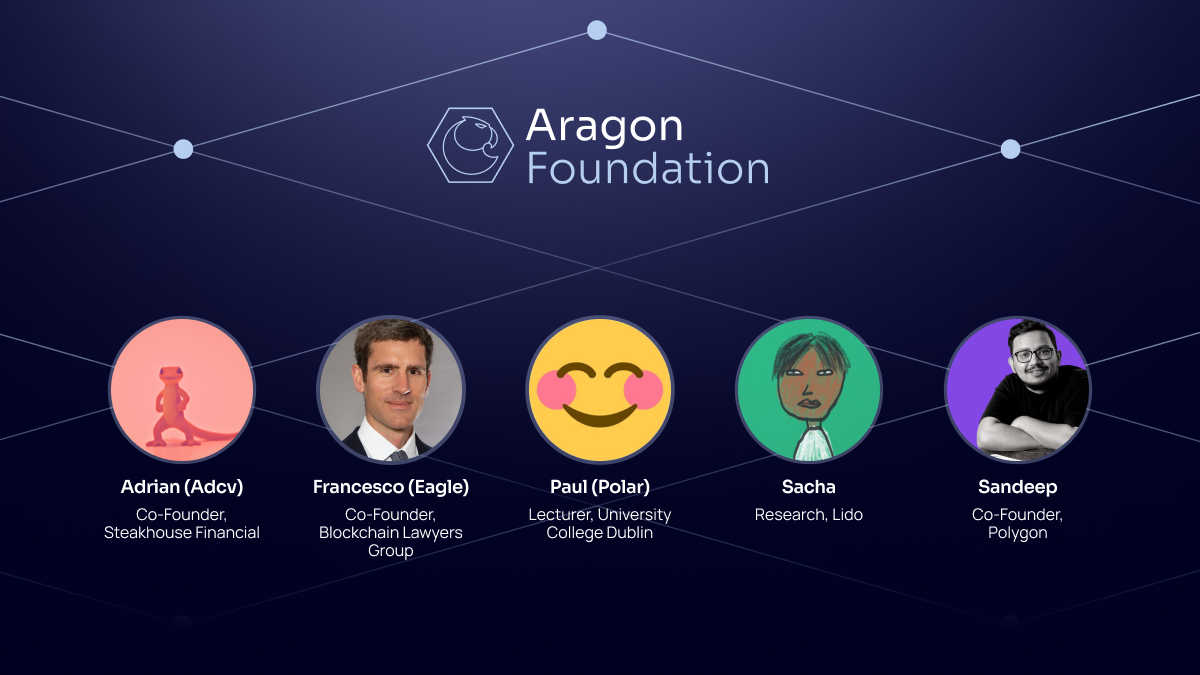
Aragon Zero Knowledge Research Guild: The Aragon ecosystem, through its Zero Knowledge Research Guild, is actively exploring zk-SNARKs-based private voting for DAOs. This approach allows members to prove eligibility and cast votes anonymously, ensuring privacy while preventing double voting.
Challenges Ahead: Usability, Auditability, and Trust
Despite rapid progress in DAO privacy protocols, there remain open questions about usability and auditability. Complex cryptographic systems can introduce friction if not abstracted away from end-users. Transparent auditing, long a cornerstone of blockchain legitimacy, must be preserved even as vote contents are hidden. Projects are experimenting with verifiable tally proofs that allow independent observers to confirm outcomes without accessing raw votes.
Community trust hinges on both mathematical guarantees and social acceptance. Education around the mechanics of shielded voting is crucial. Members must understand how their privacy is protected, and what trade-offs exist in terms of transparency or dispute resolution if something goes awry.
The next frontier for decentralized secret ballot systems will be composability: integrating privacy-preserving voting as a plug-and-play module across chains and platforms without sacrificing user experience or auditability.
The Road to Widespread Adoption
The momentum behind confidential voting in DAOs signals a paradigm shift toward more resilient, inclusive, and fair decentralized communities. As regulatory landscapes evolve and the value at stake in DAO treasuries climbs ever higher, expect demand for encrypted governance mechanisms to surge.
If you’re building or participating in a DAO today, now is the time to evaluate your approach to member privacy. The tools exist; adoption is growing; the benefits, in terms of participation quality and organizational legitimacy, are becoming impossible to ignore.
